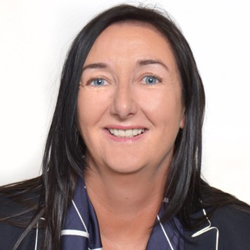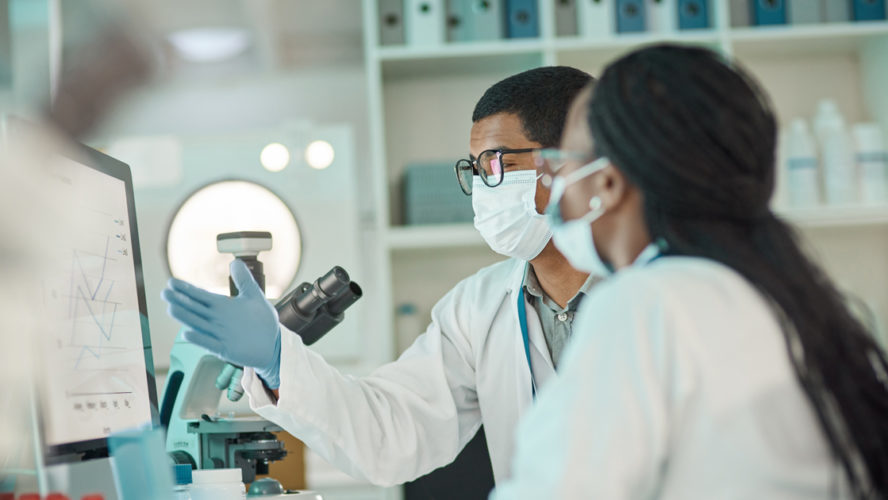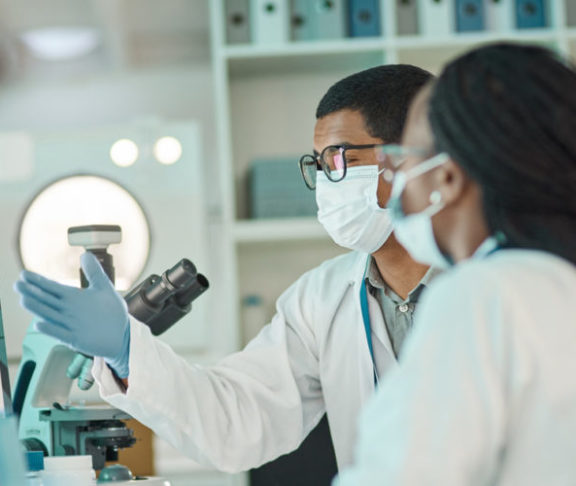
Dr. Katharine Dolan
European Business Development, CAI

Dr. Alice Redmond
Chief Strategy Officer, CAI
The biopharmaceutical industry is living through a time of enhanced innovation in terms of digital transformation, pharma 4.0 and personalised medicines, particularly cell and gene therapies.
The evolution of biopharmaceutical manufacturing has accelerated with new technologies, drug modalities and personalised medicines. These advancements are helping to meet patient needs faster. However, with innovation comes complexity and challenges — including cybersecurity, supply chain issues, lack of regulatory guidance and knowledge. All of these culminate in delays in ‘speed to patient,’ whereby the average time to bring a drug from development to commercial manufacture is still several years.
Solution to biopharmaceutical manufacturing challenges
The solution lies in collaboration to enhance digitalisation and operational readiness. Enhanced data analytics have allowed the optimisation of drug development — improving efficiency of the manufacturing process, decreasing lead times and ultimately leading to better treatment outcomes.
The global Good Manufacturing Practice (GMP) framework is embracing innovation and regulatory reform. One of the European Medicines Agency’s (EMA) strategic goals is to foster research and the uptake of innovative methods in the development of medicines. Regulators, industry and professional services companies are collaborating to remove silos, share knowledge and embrace innovation to make safe and effective novel medicines available to patients faster.
To become operationally ready, leaders must begin working towards objectives early in the project
Delivering through innovation, knowledge and expertise
The industry can achieve this through enhanced collaboration and knowledge-sharing. CAI are at the forefront of these new technologies and advanced therapies. We focus on all aspects of the product and facility life cycle — from programme management, commissioning, qualification, quality and regulatory processes, human performance and operational readiness. We utilise artificial intelligence (AI), machine learning (ML) and digital twinning technology to enhance, optimise and shorten the ‘speed to market’ for our clients, including those in the cell and gene therapy space.
Readiness and speed in medicines manufacture
To become operationally ready, leaders must begin working towards objectives early in the project — ideally at the beginning stages. This early involvement may surprise operations managers, but this effort is essential.
Ideally, we do the first assessment during the early design phase and update it multiple times as the facility design and product development progresses. This covers all functions and looks at the integration across an enterprise — inclusive of product, process and supply chain. We find the most vulnerable areas are understanding of the process/product, supply chain and organisational health. Early identification and action are key to removing future roadblocks — to get medicines to patients faster.
For the past 27 years, CAI, a global technical services and consulting company, has provided professional services to the life sciences industry.
Find out more at cagents.com or contact [email protected]


